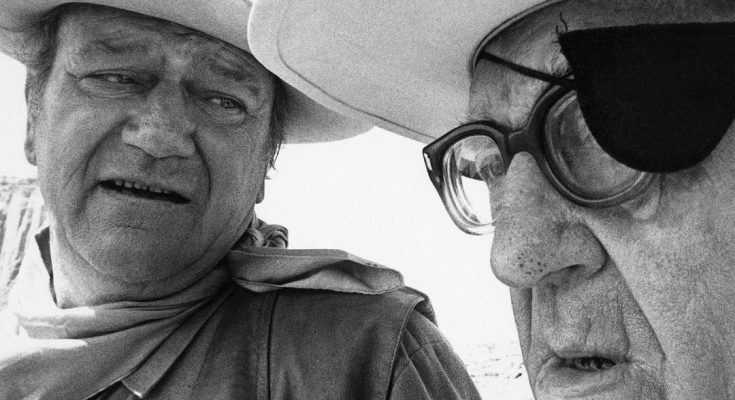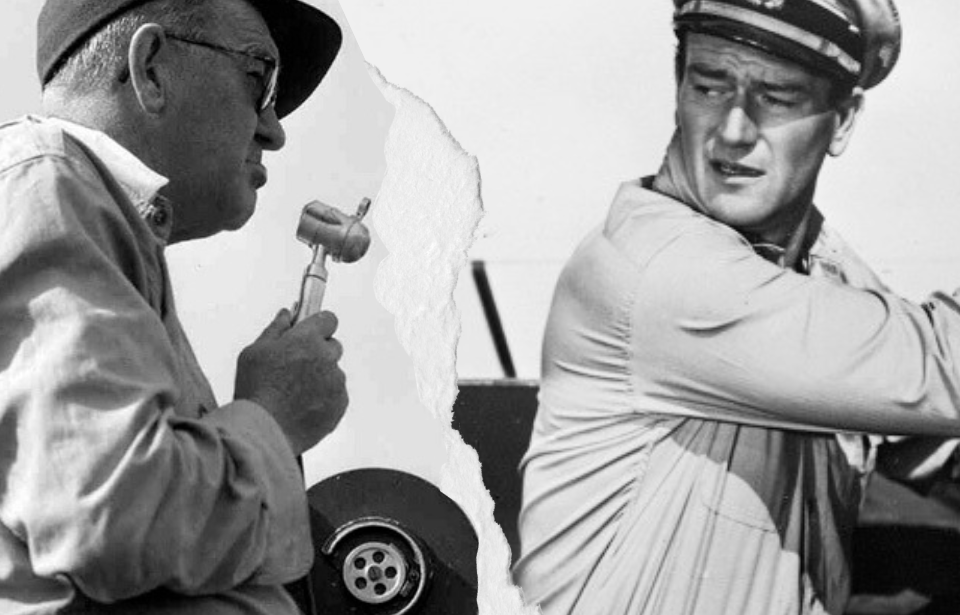
In the years following the Second World War, many films were released that detailed the dangers faced by both friend and foe. At the time, many standouts saw Academy Award-winning director John Ford at the helm, himself having served in the conflict. He was also known to collaborate with John Wayne, who’d famously avoided being drafted. This was a pain point for the former, and he made his feelings known on the set of the 1945 film, They Were Expendable.
Veterans on the set of They Were Expendable (1945)
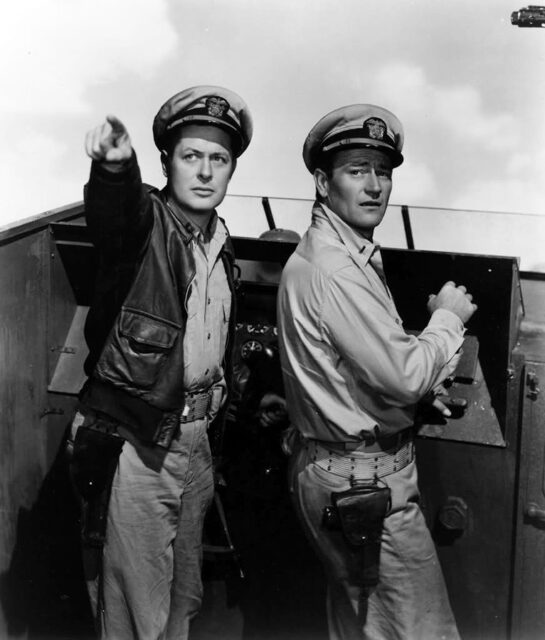
Starring Robert Montgomery and John Wayne, and directed by John Ford, They Were Expendable centers around an American PT boat unit involved in the Battle of the Philippines. Inspired by William Lindsay White’s book, it’s a fictional tale based on the true story of the US Navy’s Motor Torpedo Boat Squadron Three (MTBRon 3), commanded by Medal of Honor recipient Lt. John D. Bulkeley.
Ford and Montgomery served during the Second World War. The former was the head of the Office of Strategic Services‘ (OSS) photographic unit and had received a commission as a lieutenant commander in the US Naval Reserve (USNR) back in the mid-1930s, while the latter was a lieutenant commander in the US Navy.
Along with serving aboard the USS Columbia (CL-56), Montgomery was also:
- Commander of Destroyer Squadrons 5 and 60.
- Commanding officer of PT-107.
- Executive officer of PT-5.
- Assistant naval attaché at the US Embassy in London, United Kingdom.
Wayne, on the other hand, had avoided the draft during the conflict by obtaining a 3-A rating – family deferment. His age also played a factor.
John Ford’s service during World War II
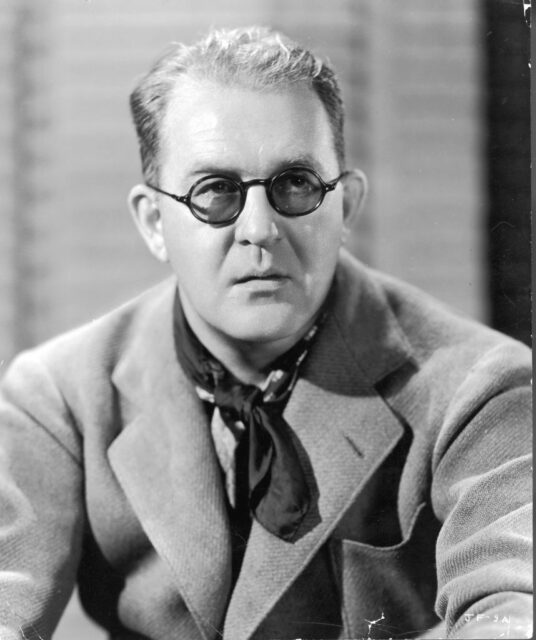
As aforementioned, John Ford served in the Office of Strategic Services’ photographic unit. He was present on Omaha Beach on D-Day, filming the Allied lands with help from the US Coast Guard. Sadly, much of his footage was lost to the murky depths of the English Channel, thanks to a mistake by Maj. W.A. Ullman.
During the Second World War, he made several movies, two of which earned him Academy Awards: The Battle of Midway (1942) and December 7th (1943). While filming the fighting that took place at Midway, he was struck by shrapnel, resulting in an injury to his arm. He and his team also captured the action of Operation Torch and the China-Burma-India (CBI) Theater on camera.
Following the conflict, Ford remained in the US Naval Reserve. He was quickly reinstated to active duty with the outbreak of the Korean War, and had risen to the rank of rear admiral by the time he retired from the military.
John Wayne was able to avoid the draft
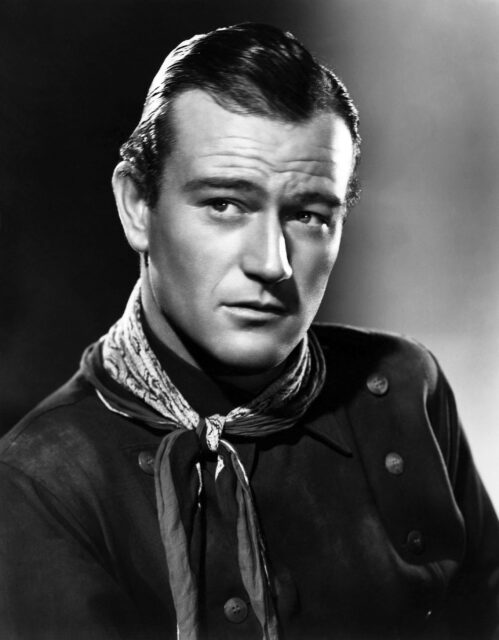
When World War II broke out in 1939, John Wayne was already making headway as an actor; he’d experienced his first breakout hit with Stagecoach and didn’t want to lose momentum. In fact, this was one of the reasons he cited as to why he shouldn’t serve an overseas deployment: his films and acting abilities were important to keeping up troop and civilian morale during such trying times.
Almost immediately, the Duke was bombarded with criticism, with many accusing him of not doing his part for the war effort. His responses to these claims varied, further fanning the flames. Thing’s only became worse later in his career, as, while he would on occasion portray a brave war hero, he himself had no real-world experience serving on the frontlines, unlike many other actors in the industry.
John Ford called out John Wayne for not serving in World War II
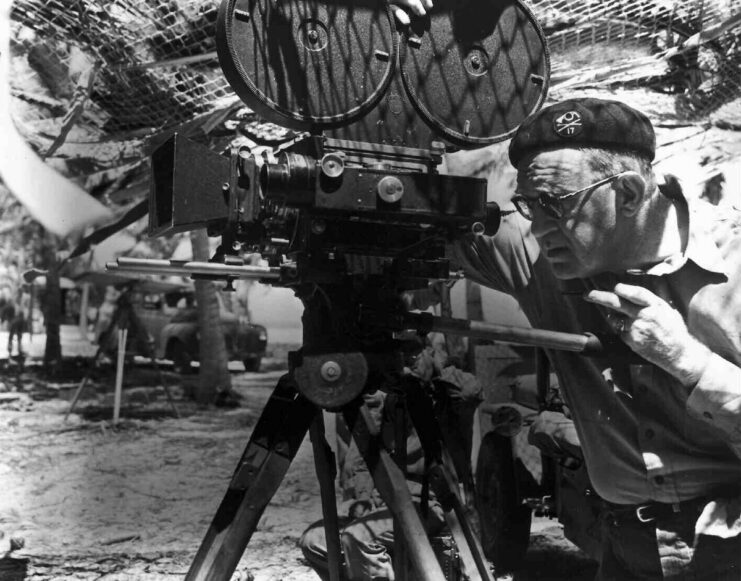
John Ford was incredibly proud of his service to his country and held the utmost respect for veterans. He was also aware that John Wayne had managed to remain Stateside throughout World War II. This didn’t sit well with the director, who frequently tormented the actor with insults on the set of They Were Expendable.
One particular incident came while filming a scene that required Wayne’s character, LTJR. “Rusty” Ryan, to salute an admiral as he departs. It took numerous takes to get this part of the film to Ford’s liking, with him at one point insulting the Duke in front of the entire production staff, saying, “Duke, can’t you manage a salute that at least looks as though you’ve been in the service?”
While able to take the jabs at first, the verbal abuse became so constant that, at one point, Wayne considered staying home to avoid facing the director.

